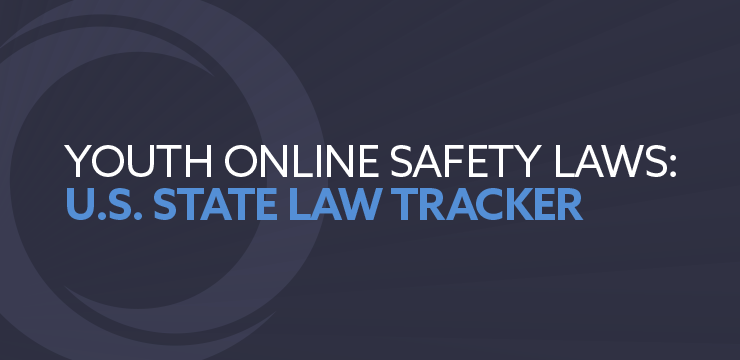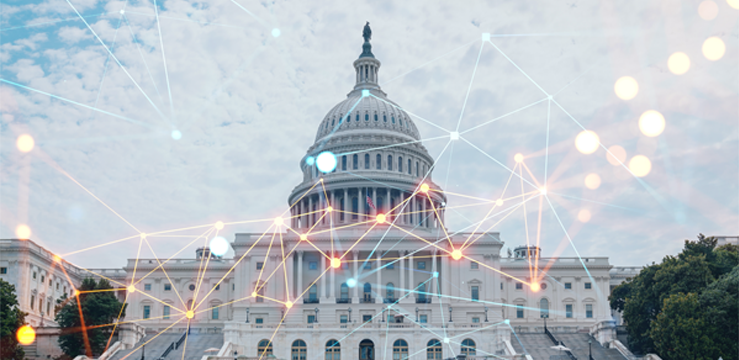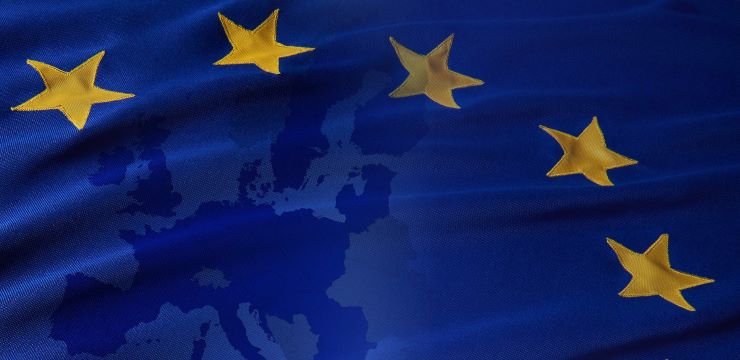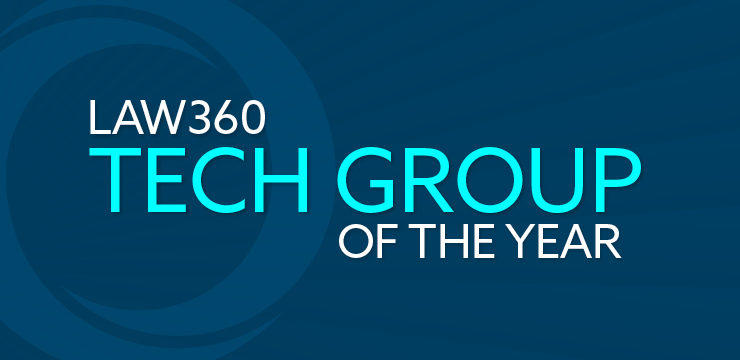Youth Online Safety Laws: U.S. State Law Tracker


by Shannon Yavorsky, Heather Egan, Alyssa Wolfington and Cosmas Robless
9 minute read | April.17.2024

Two U.S. legislators have unveiled a bipartisan plan to enact the first comprehensive federal data privacy law, the American Privacy Rights Act.
by Julia Apostle and Malik Idri
6 minute read | April.15.2024

The EU AI Act grants the European Commission new investigative and enforcement powers over providers of some AI technologies.
by Dr. Daniel Ashkar and Dr. Christian Schröder
1 minute read | April.09.2024

An article on the history, structural particularities, and material requirements of the AI Act.
by Julia Apostle, Dr. Christian Schröder, Sarah Schaedler and Rami Kawkabani
5 minute read | April.09.2024

by Bradley Marcus and David Rhinesmith
6 minute read | March.25.2024

The SEC settled charges against two investment advisers for false claims of using AI to inform investment decisions.
by Jeanine P. McGuinness, Harry Clark, Elizabeth Zane, Shannon Yavorsky, Jacob Gladysz and Cosmas Robless
10 minute read | March.18.2024

President Biden's executive order aims to limit "countries of concern" from accessing sensitive U.S. personal and government data.
Behnam Dayanim, Aravind Swaminathan, and Shannon Yavorsky will be co-leading sessions at RSA Conference, a global conference that brings cybersecurity professionals together to discuss critical cybersecurity issues and emerging threats.
Joe Santiesteban will be co-leading a panel titled “CISO and Other Personal Cyber-Liability Pitfalls"
1 minute read | February.08.2024

1 minute read | January.22.2024

1 minute read | December.04.2023

1 minute read | May.18.2023
